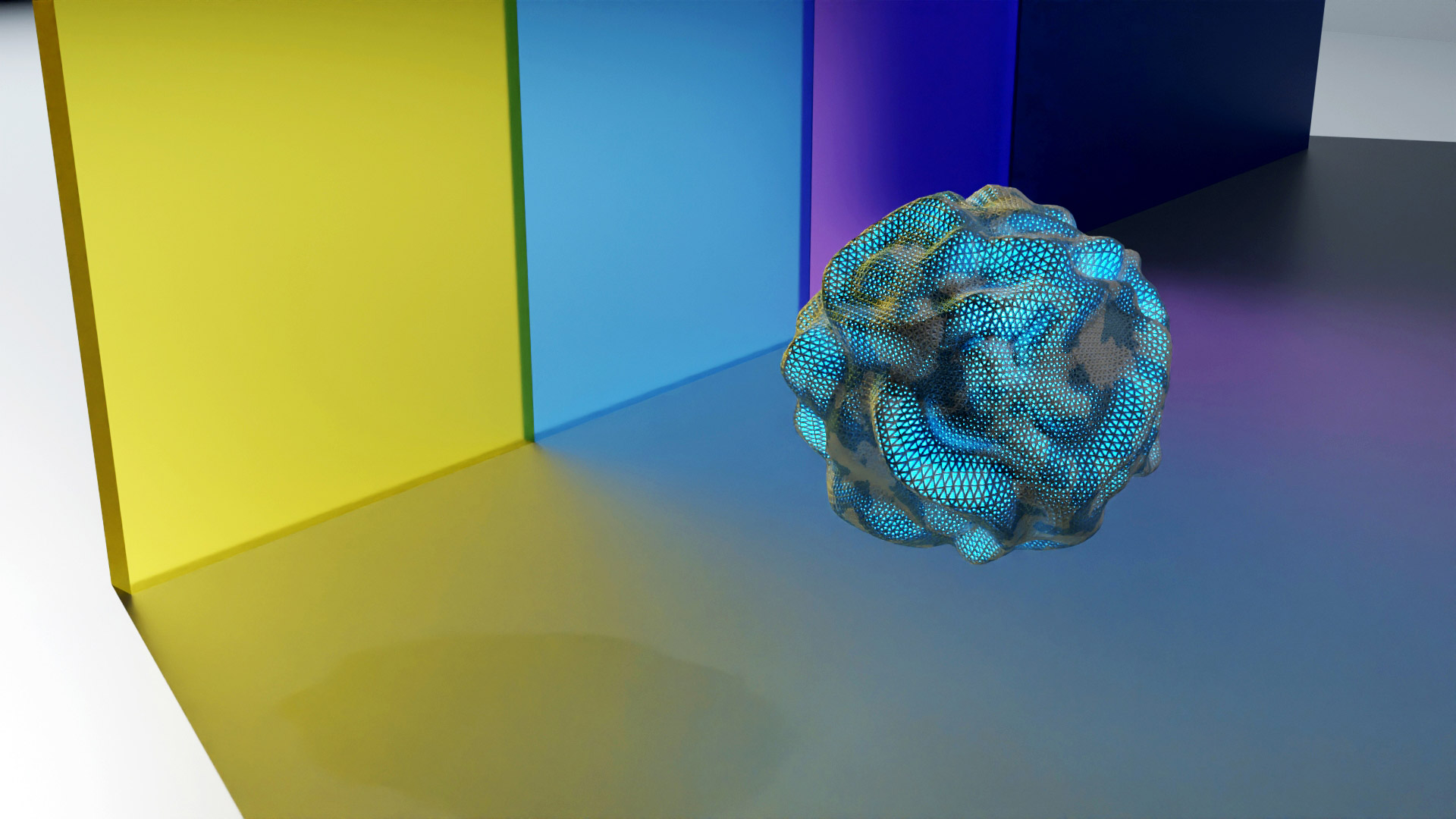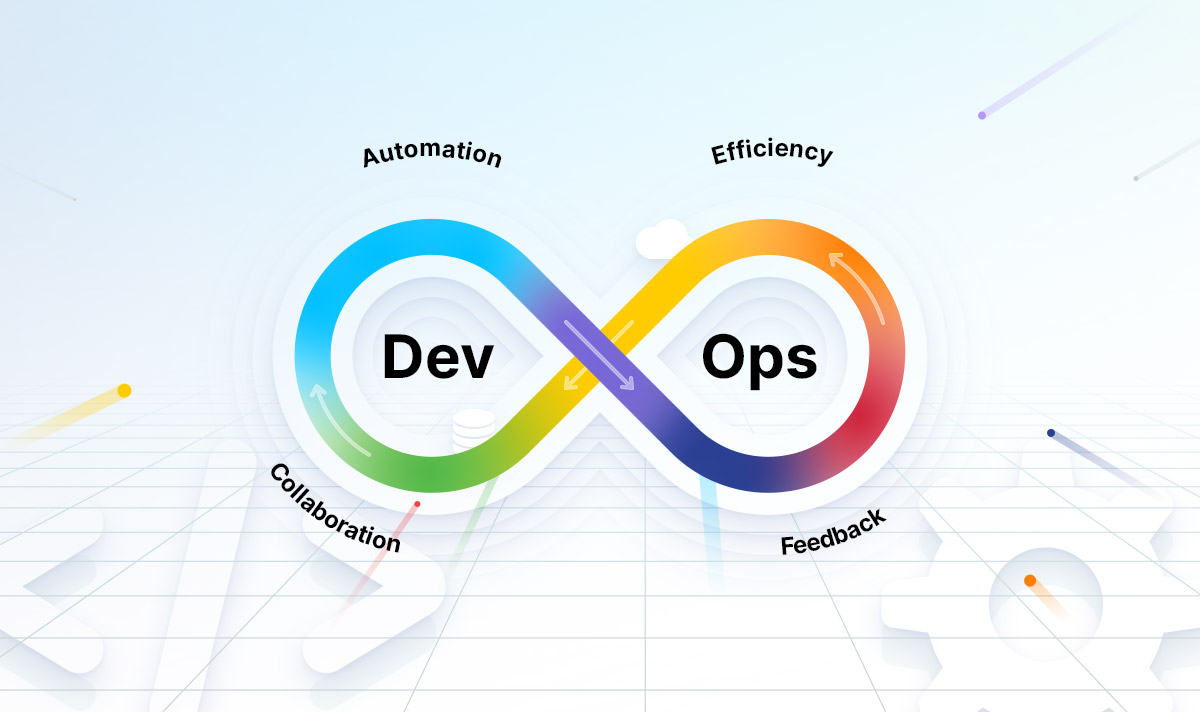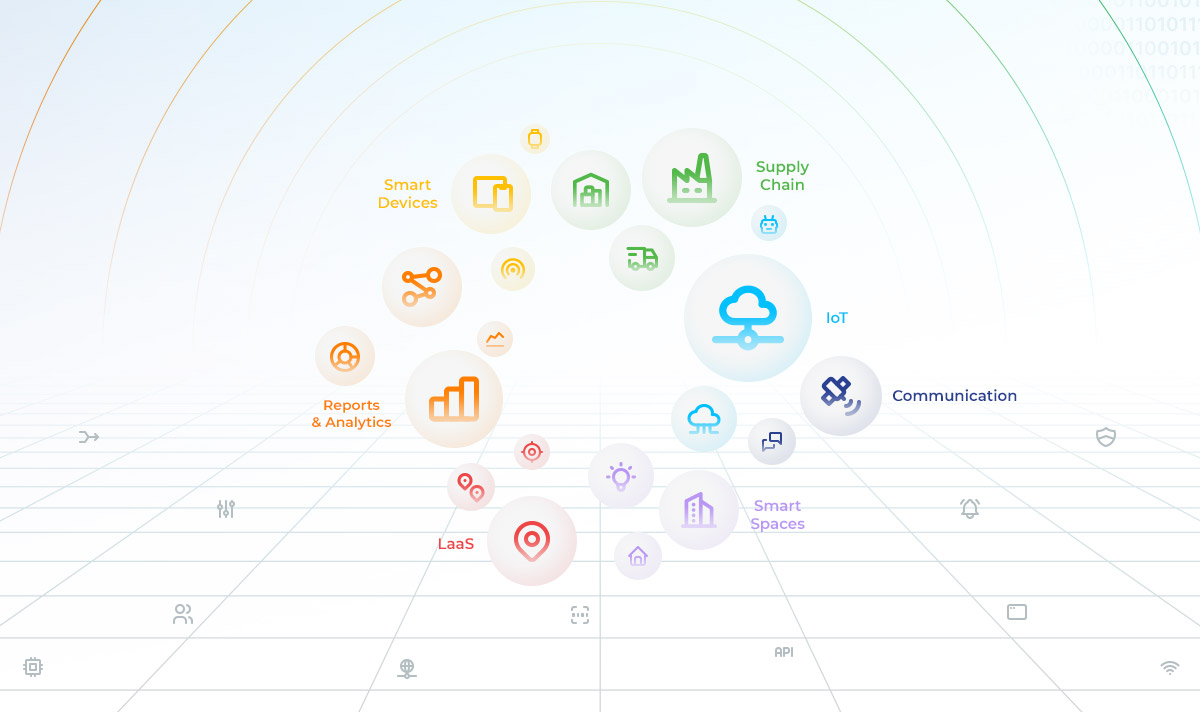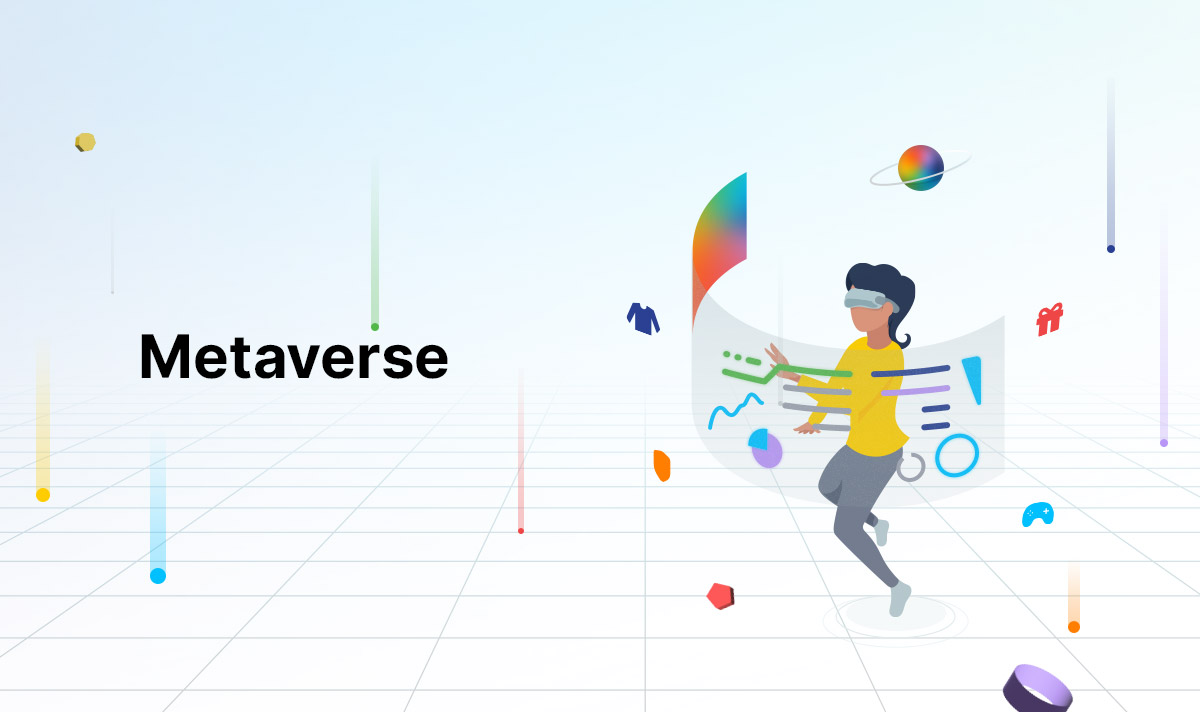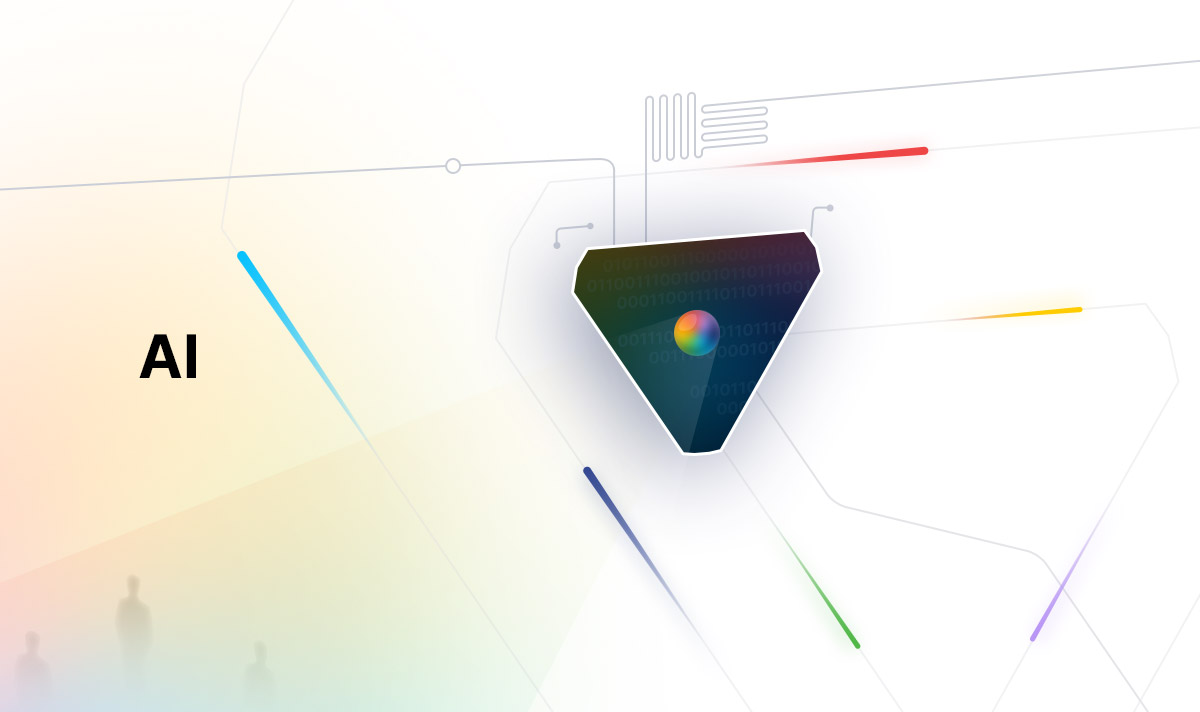artificial intelligence (AI), the capability of an advanced PC or PC-controlled robot to perform artificial intelligence usually connected with clever creatures. The term is often applied to the project of creating frameworks supplied with the scholarly cycles normal for people, for example, the capability to reason, find significance, sum up, or gain from previous experience. Since the improvement of the advanced PC during the 1940s, it has been shown that PCs can be modified to complete exceptionally complex projects—as, for instance, finding verifications for numerical hypotheses or playing chess—with incredible capability. In any case, in spite of proceeding with propels in PC handling velocity and memory limit, there are at this point no projects that can match human adaptability over more extensive areas or in assignments requiring a lot of regular information. Then again, a few projects have achieved the presentation levels of human specialists and experts in playing out specific explicit assignments, so man-made consciousness in this restricted sense is found in applications as different as clinical conclusion, PC web crawlers, and voice or penmanship acknowledgment.
What is Intelligence?
Everything except the least complex human conduct is attributed to knowledge, while even the most confounded bug conduct is never taken as a sign of insight. What is the variation? Consider the conduct of the digger wasp, Sphex ichneumoneus. At the point when the female wasp gets back to her tunnel with food, she first stores it on the limit, checks for interlopers inside her tunnel, and really at that time, assuming everything is good to go, conveys her food inside. The genuine idea of the wasp’s instinctual conduct is uncovered in case the food is moved a couple of inches away from the entry to her tunnel while she is inside: on arising, she will rehash the entire method as regularly as the food is uprooted. Insight—obviously missing on account of Sphex—should incorporate the capacity to adjust to new conditions.
Types of Artificial Intelligence (AI)
These four sorts aren’t completely made equivalent: Some are undeniably more refined than others. A portion of these kinds of AI isn’t even logically imaginable at the present time. As indicated by the current arrangement of characterization, there are four essential AI types: reactive, limited memory, theory of mind, and self-aware.
Reactive AI
The most essential kind of artificial intelligence is reactive AI, which is customized to give an anticipated result dependent on the information it gets. reactive machines consistently react to indistinguishable circumstances in precisely the same manner without fail, and they can’t learn activities or consider past or future.
Instances of reactive AI include:
- Dark Blue, the chess-playing IBM supercomputer that outmaneuvered titleholder Garry Kasparov
- Spam channels for our email that keep advancements and phishing endeavors out of our inboxes
- The Netflix suggestion engine
Reactive AI was a gigantic advance forward throughout the entire existence of artificial intelligence reasoning turn of events, yet these sorts of AIs can’t work past the assignments they were at first intended for. That makes them innately restricted and ready for development. Researchers fostered the next type of AI from this establishment.
Limited Memory AI
Limited memory AI gains from an earlier time and assembles experiential information by noticing activities or information. This sort of AI utilizes verifiable, observational information in a mix with pre-customized data to make expectations and perform complex arrangement assignments. It is the most generally utilized sort of AI today.
For instance, independent vehicles utilize Limited memory AI to notice other vehicles’ speed and heading, helping them “read the street” and change depending on the situation. This interaction for comprehension and deciphering approaching information makes them more secure on the streets.
Notwithstanding, Limited memory AI – as its name proposes – is as yet Limited. The data those independent vehicles work with is short lived, and it isn’t saved in the vehicle’s drawn-out memory.
Self-aware AI
The most developed kind of computerized reasoning is self-aware AI. At the point when machines can know about their own feelings, just as the feelings of others around them, they will have a degree of awareness and insight like individuals. This sort of AI will have desires, requirements, and feelings also.
Machines with this sort of AI will be self-aware of their inside feelings and mental states. They will actually want to make inductions, (for example, “I’m feeling irate in light of the fact that somebody cut me off in rush hour gridlock”) that are unrealistic with different sorts of AI.
We haven’t fostered this sort of modern AI at this point and don’t have the equipment or algorithms to help it.
